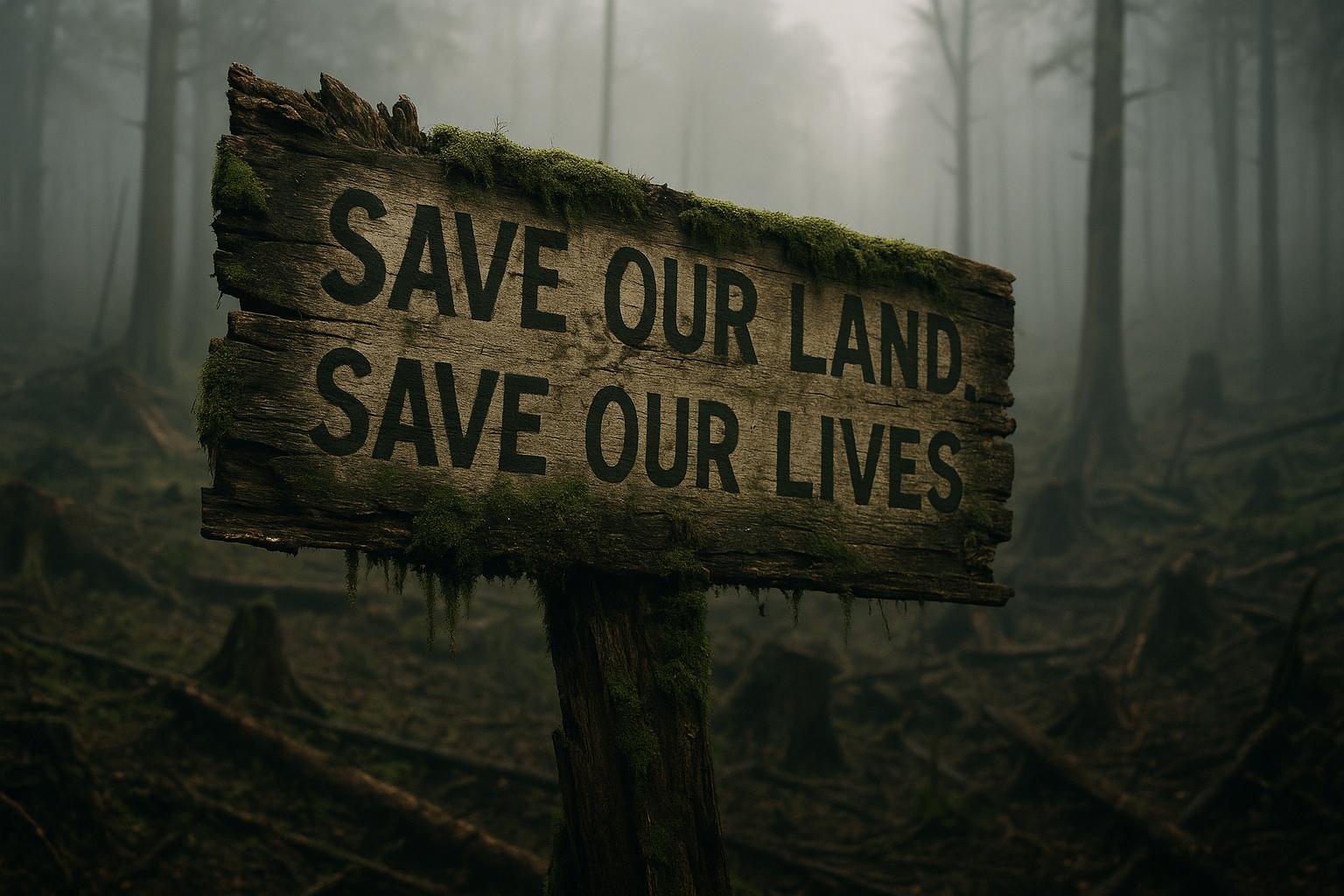Mike Bartlett's new play, Juniper Blood, currently running at the Donmar Warehouse until 4 October 2025, revisits the playwright's frequent examination of climate change, juxtaposing two opposing ideologies on how to address the environmental crisis. The production, directed by James Macdonald and featuring performances by Sam Troughton, Jonathan Slinger, Nadia Parkes, Terique Jarrett, and Hattie Morahan, delves into the tension between pragmatic capitalism and idealistic eco-activism.
Set against a backdrop evocative of both the bucolic and the claustrophobic, with a grassy mound dominating the stage, Juniper Blood conjures an atmosphere reminiscent of Jez Butterworth’s Jerusalem and Samuel Beckett’s Happy Days. The play explores British cultural identity while focusing on characters caught in the throes of heated ethical debates concerning the environment. Central figures include Ruth, her husband Lip—a fervent climate warrior—and a group that includes Lip’s stepdaughter Milly and her friend Femi. Their conversations scrutinise contentious issues like organic farming versus controlled pesticide use, reflecting broader societal divisions on sustainability.
Bartlett’s writing retains its trademark wit but, as some critics note, often risks slipping into didactic territory. The script’s dialogue on technological and moral solutions to climate change sometimes feels overly explicit and lacks subtlety. The character of Lip, portrayed by Sam Troughton, embodies the uncompromising environmentalist, willing to sacrifice family ties to live a self-sufficient life in the wilderness. However, there is criticism that Lip’s character is underdeveloped; his motivations and personality remain elusive, rendering him more eccentric than relatable or morally compelling. In contrast, Jonathan Slinger’s portrayal of Tony, the neighbourhood gym enthusiast striving for a renewed purpose in midlife, provides a more nuanced and humanised counterpoint, one that offers moments of vulnerability and hope amid the broader thematic gloom.
The play gains momentum in its third act, where the narrative’s emotional and dramatic stakes intensify, although some audience members may find the plot somewhat forced. This escalation brings out the underlying tensions more vividly, if a bit late in the piece. The direction by James Macdonald, who previously collaborated with Bartlett on Unicorn, steers the production with a steady hand, balancing humour and gravitas within the eco-political discourse.
Juniper Blood situates itself within a contemporary theatrical landscape increasingly concerned with climate realities and the moral perplexities they provoke. While it may lack the visceral intensity of some of Bartlett's earlier, more incendiary works, the play nonetheless contributes meaningfully to the conversation about the true cost of ideological commitment in a fractured world. As the Donmar continues to present challenging new works, this production offers a thoughtful, if occasionally uneven, exploration of one of the 21st century’s most pressing issues.
📌 Reference Map:
- Paragraph 1 – [1], [2], [4], [7]
- Paragraph 2 – [1], [4]
- Paragraph 3 – [1]
- Paragraph 4 – [1]
- Paragraph 5 – [1], [2], [4]
Source: Noah Wire Services
